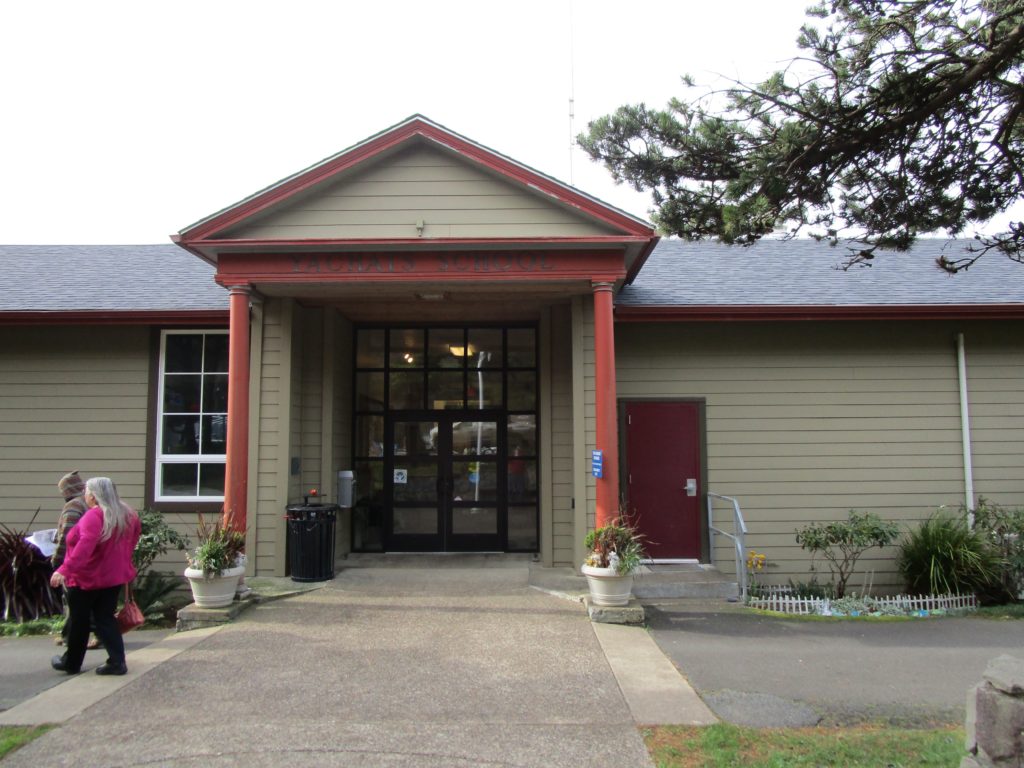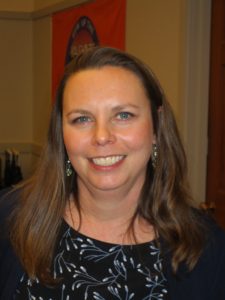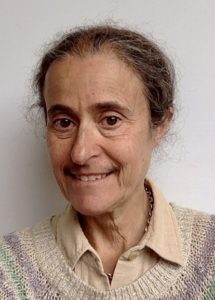
By QUINTON SMITH/YachatsNews.com
The Yachats City Council approved a 2020-21 spending plan for the city on Wednesday, agreeing on a $1.43 million general fund operating budget that maintains services and possibly add employees by dipping into reserve funds.
The approval comes as City Manager Shannon Beaucaire is forecasting a dramatic drop in lodging taxes from the coronavirus pandemic, which until June 1 had closed motels and vacation rentals for 10 weeks and are expected to run below capacity for much of the summer. Lodging taxes make up the bulk of the city’s discretionary spending.

The general fund budget was approved on a 4-1 vote, with Councilor Leslie Vaaler voting no.
Vaaler has consistently questioned some spending plans and also opposed the proposal when the budget committee – made up of five council members and five citizens – passed it 7-3 in early June.
On a similar 4-1 vote, the council also approved a $1.55 million budget for capital improvements for the next fiscal year.
The city has been building up reserves – now totaling $5.29 million — across all its various fund categories for at least three years. The budget approved Wednesday expects that to drop to $3.87 million – a decrease of $1.49 million – by July 1, 2021.
The city’s general fund is where all the discretionary spending takes place – everything from employee salaries to building maintenance to legal fees and office supplies. The bulk of the city’s revenue comes from lodging taxes paid by tourists, but also from a host of smaller sources like taxes on marijuana sales, property taxes and franchise fees.
The city is starting the new budget year with a beginning balance of $1.4 million in its general fund and $1.04 million in its general fund reserves. By the end of the fiscal year those drop to $1.03 million and $766,000 respectively, a decrease of $670,000.
The city is also drawing down reserves in its water and sewer funds – called enterprise funds — to maintain services and continue some planned capital projects. The 2020-21 budget has $1.47 million in water/sewer reserves but will spend that down to $790,000 by next July.
The council also unanimously approved the 2020-21 budget for the city’s urban renewal district, established in 2006. The district funnels the bulk of the city’s property taxes to help pay off debts to build the wastewater treatment plant and other capital projects in the city, and this year to add an earthquake-resistant valve for the new water reservoir south of the Yachats River.
The amount of property taxes in the urban renewal budget is estimated to be $364,000. Non-urban renewal property taxes the city collects are estimated to be $85,000 – half of which also goes to pay off loans for capital projects.
Resistance focuses on marketing, contractors
But no council member centered their comments or questions Wednesday on the broader philosophy of spending down or reserves, or even defending it. Instead, they focused on a few line items such as marketing and contracted services.

Vaaler again questioned Beaucaire proposal to add $50,000 for a marketing director for the city and a $30,000 marketing budget if proceeds from lodging taxes were dropping sharply and given the unknowns of the coronavirus pandemic. She also said the city should go slow on its marketing plans until former councilor James Kerti, who earlier in the meeting was awarded a two-year contract to run the Yachats visitors center, gets his bearings.
Money for both the city’s marketing person, the marketing budget and the visitor’s center comes from lodging taxes. Beaucaire is predicting the city will get about half — $492,000 – of what it has been averaging the past three years.
Taxes from the city’s food and beverage tax are also expected to be half — $175,000 – of the three-year average. That money goes exclusively to help pay off debt of the wastewater treatment plant.
Councilor Mary Ellen O’Shaughnessey agreed, saying the city should wait until Kerti gets settled and begins implementing his proposed marketing plan before deciding whether to hire another person to do much of the same thing.
Beaucaire countered that businesses have been asking for the city’s help to bring back visitors safely to Yachats and that Kerti told her he supported getting extra help, if that’s what the city position entailed.
Mayor John Moore and Councilor Max Glenn pressed to keep the marketing money in the budget, but to wait until Kerti got under way before deciding what to do with the position or marketing budget.
“Just because it’s budgeted we don’t have to spend it,” Beaucaire said.
Vaaler and O’Shaughnessey also focused on a detailed breakdown of the city’s many contracted services that Beaucaire provided since the budget committee vote. The 2020-21 budget proposes to spend $317,000 on seven services ranging from finance, planning, code enforcement, facilities management and cleaning, and consulting.
Vaaler repeatedly questioned budget items for facilities management, finance, and planning and code enforcement, especially since Heather Hoen is leaving the contracted facilities position July 1 to become the city’s community services coordinator.
“This is something we need to visit again and give some guidance to the city manager,” Vaaler said. “Council has to have a serious discussion about this.”
Only O’Shaughnessey agreed.
Beaucaire’s proposal to hire a public works manager and office administrative assistant if or when the economy improves did not generate any discussion Wednesday after they were roundly discussed by the budget committee.
In other business, the council:
- Approved a 1.7 percent increase in water and sewer rates effective July 1;
- Accepted a proposal from Dahl Disposal, which provides garbage and recycling for the area, to wait until later this year to implement a 3.57 percent rate increase, with 30 days notice, if the economy improves. The increase would normally take effect July . That would mean a monthly increase of $1.16 for 35 gallon weekly garbage and recycling service and a $1.95 for weekly service for 65 gallon containers.
- Agreed to go ahead with a proposal from Clean Water Services of Washington County and Oregon State University to test Yachats’ sewer twice a week for the presence of the coronavirus. The project is part of a $100,000 National Science Foundation study to test wastewater in some communities across Oregon.


